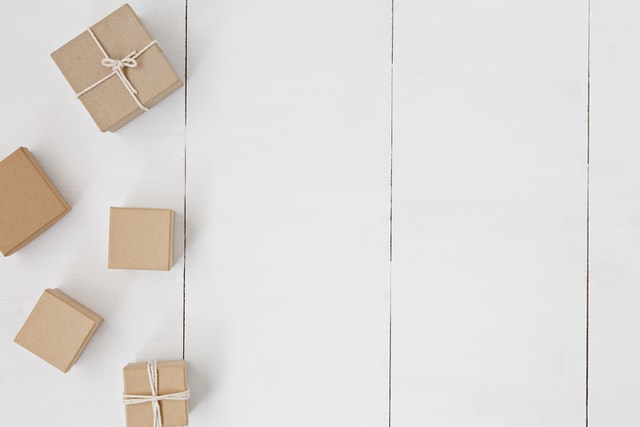” Do not have anything in your house that you do not think is useful or beautiful.”
William Morris, British painter, architect and poet (1834 – 1896)
Minimalism is very much in style and you can find countless videos and blog articles on social media that address the topic. The topic of ” organising” and “tidying up” has also taken on a new meaning, the so-called “KonMari method” by Marie Kondo has become the talk of the town and Netflix has also taken up the topic, currently running the series “The Home Edit: Now it’s time to tidy up”.
What is minimalism?
Minimalism is not just a trend, but an attitude to life. One principle of minimalism is “reduction to the essential and valuable” in life. In a world of excessive stimulation, consumerism and a disposable consumer society, minimalism can be a welcome change with more focus on leisure and quality of life. Fewer possessions mean lower costs, less tidying, dusting and of course – last but not least – fewer belongings to be moved.
How can I use my relocation to successfully do this?
Whether you’re moving from a large flat or house to smaller accommodation, you’re only moving temporarily for work reasons or simply because you find the minimalism lifestyle interesting, here are tips to help you on your way to becoming a minimalist by moving house:
- Make a list
The more things you own, the better it is to have a plan or a list of the belongings you want to get rid of or dispose of. If it’s (well-preserved) furniture, books, electronic devices or the like, you may want to sell them at a flea market or on the internet. Old clothes are usually taken to stationary textile collection containers and disposed of there.
At MoveAgain, we’re happy to do the recycling job for you.
2) Involve friends and family
Involving others in your minimalism plans makes it feel more concrete and builds up a bit of pressure – in a positive way. It also helps to ask your friends and family beforehand if they might need one or two of your belongings. Some of your household items that are unnecessary may be very much needed by someone else. This saves the other person money and helps the environment.
Tip: Host a moving party where you auction off your belongings for a good cause or organise a charity raffle.
3) Dispose of things – without a guilty conscience
Things that have been with you for most of your life can be particularly difficult to part with. But just because something has been in your possession for a long time doesn’t automatically mean that it offers you added value. Don’t feel guilty about giving up gifts that you have never used but have kept so as not to hurt others’ feelings. Also, things that arouse negative emotions, such as letters or photos from past relationships, or too-tight clothes that you haven’t fit into for years, have no place in minimalism
4) Even small steps can make a big difference
If you’re on your way to becoming a minimalist from a collector, moving and parting with old items can often be overwhelming. Take it slow, getting rid of things one step at a time, keeping in mind the benefits of getting rid of stuff – the sense of freedom, organisation and control over your life and, of course, the money and time you’ll save.
Tip: If you don’t want to part with a souvenir completely, take a photo of it and keep it as a “digital” memory.



